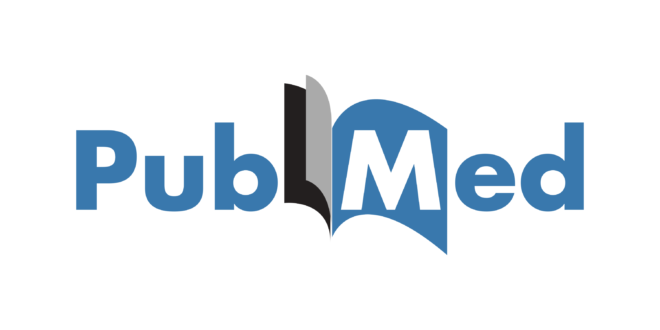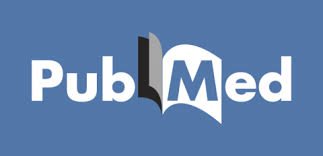Background: Acupuncture has been used for the treatment of chronic migraine, but high-quality evidence is scarce. We aimed to evaluate acupuncture’s efficacy and safety compared to topiramate for chronic migraine. Methods: This double-dummy randomized controlled trial included participants aged 18-65 years diagnosed with chronic migraine. They were randomly assigned (1:1) to receive …
Read More »
 Acupuncture Times Read the latest acupuncture research articles about acupuncture, Chinese herbal medicine, cupping therapy and moxibustion.
Acupuncture Times Read the latest acupuncture research articles about acupuncture, Chinese herbal medicine, cupping therapy and moxibustion.
